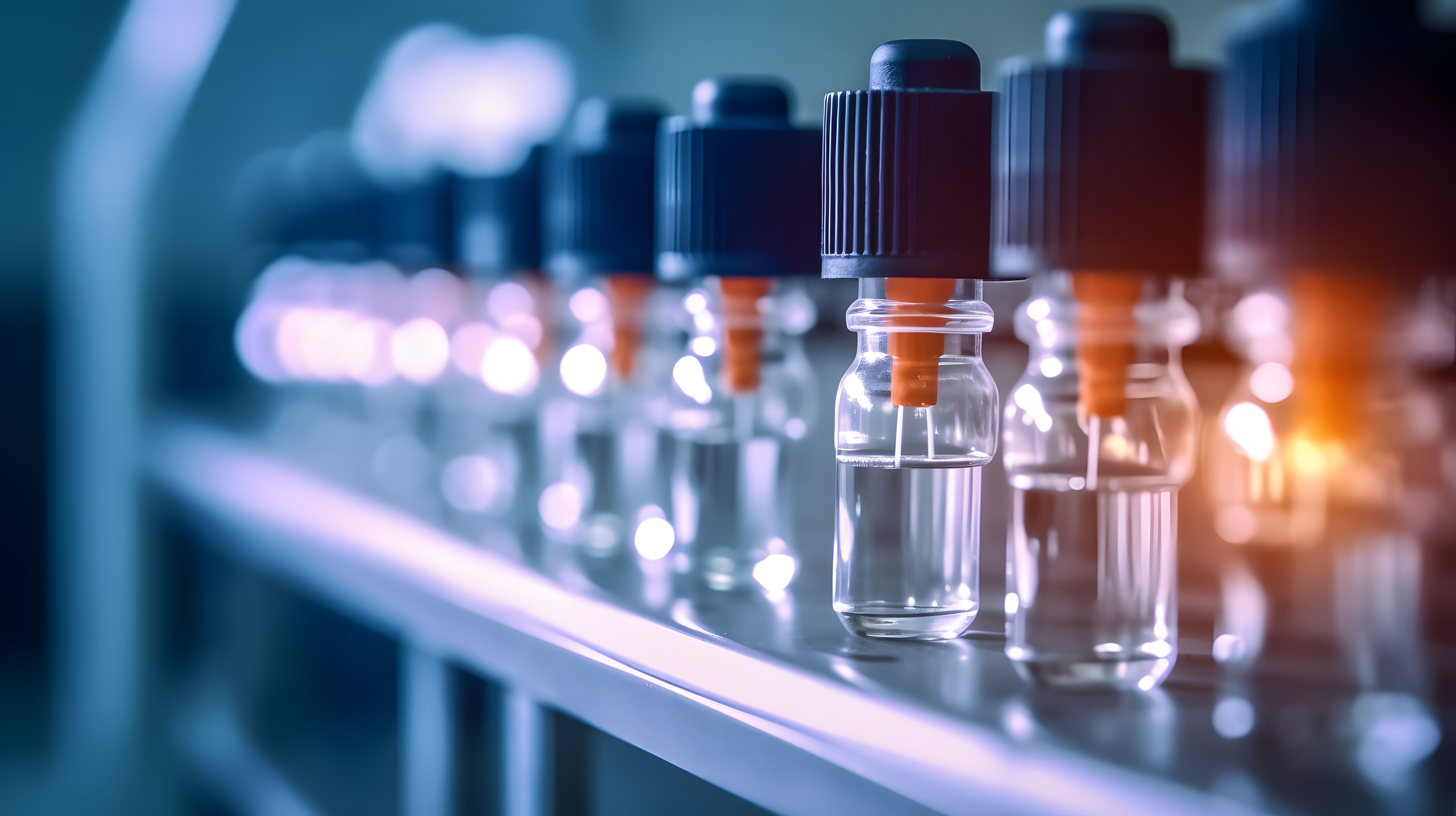- Bone Health
- Immunology
- Hematology
- Respiratory
- Dermatology
- Diabetes
- Gastroenterology
- Neurology
- Oncology
- Ophthalmology
- Rare Disease
- Rheumatology
Biosimilars Council Position Paper Calls for End to Clinical Efficacy Trials for Biosimilars
In a position paper from the Biosimilars Council, the organization points to evidence showing that clinical efficacy trials are a major barrier to biosimilar access in the US, calling for the FDA to change its policies to remove them in favor of other comparators.
The Biosimilars Council, part of the Association for Accessible Medicines, published a position paper advocating for updates to the FDA's regulatory process for biosimilars.1 The proposed changes aim to eliminate unnecessary regulatory requirements when no clinical difference exists between a biosimilar and its reference product.
Image credit: Prasanth - stock.adobe.com

Since their introduction, biosimilars have saved US patients and the health care system about $24 billion and been used in over 694 million days of patient therapy. This includes nearly 344 million days of therapy that would not have otherwise been provided in the US. According to the report, switching all patients taking reference adalimumab to 1 of the 10 biosimilars currently on the market could save up to $6 billion annually for patients, employers, and health plans.
The Public Health Service Act, amended by the Biologics Price Competition and Innovation Act, requires biosimilar applications to include data proving high similarity to the reference product, toxicity assessments, and clinical studies for safety, purity, and potency, unless deemed unnecessary by the FDA. The FDA has traditionally required comparative pharmacokinetic (PK) and pharmacodynamic (PD) clinical data, clinical immunogenicity assessments, and often comparative clinical efficacy studies.
Of the 50 FDA biosimilar approvals since 2015, most have involved human clinical studies, with some using PD studies instead of efficacy trials for certain products like filgrastim and insulin biosimilars. However, many experts argue that comparative efficacy studies do not provide meaningful information beyond what PK and PD analyses have already confirmed.
Advancements in analytical methods now detect small, clinically meaningful differences between biosimilars and reference products, reducing the need for comparative clinical studies. Conventional clinical efficacy and PD studies are less sensitive than these methods, often providing no new information. The authors argued that the FDA should only request such studies in exceptional cases, based on specific risk considerations, such as the complexity of the product or its delivery mechanism. They noted that 3-way PK comparison analyses are unnecessary as well.
Bringing a biosimilar to market costs between $100 million and $300 million, with clinical efficacy studies accounting for half of these costs. Unnecessary clinical studies consume resources, delay competition, and deter investment, limiting the development of affordable biosimilars. High expenses reduce the number of biosimilars companies can develop, leaving many originator biologics without biosimilar competitors in the pipeline.
Additionally, “some companies may decide to forego biosimilar development programs because of the projected expense, reducing patient access to these important, safe and effective, more affordable medications,” the authors wrote.
Approximately 50% of biologics facing patent expiration in the next decade have no biosimilars in development due to high costs. To improve access, the authors emphasized that the regulatory framework should reduce development costs by eliminating unnecessary clinical efficacy studies and establishing global comparators for PK studies.
“The time is now to update and streamline the current regulatory model for biosimilars,” said Craig Burton, executive director of the Biosimilars Council, in a statement on the paper.2 “Around 80 percent of biologics currently do not have a biosimilar product in the works. Let’s reduce that percentage and pave the way for a new generation of lower-cost medications.”
References
1. BiosimilarsCouncil.org. Streamlining the development of biosimilar medicines. May 2024. Accessed June 4, 2024. https://biosimilarscouncil.org/wp-content/uploads/2024/05/202405-BiosimilarsCouncil-Streamlining-Development-Biosimilar-Medicines.pdf
2. Biosimilars Council calls for more efficient regulatory pathways for critical medicines. Press release. Biosimilars Council; May 30, 2024. Accessed June 4, 2024. https://biosimilarscouncil.org/news/biosimilars-council-calls-efficient-regulatory-pathways-critical-medicines/
Newsletter
Where clinical, regulatory, and economic perspectives converge—sign up for Center for Biosimilars® emails to get expert insights on emerging treatment paradigms, biosimilar policy, and real-world outcomes that shape patient care.
